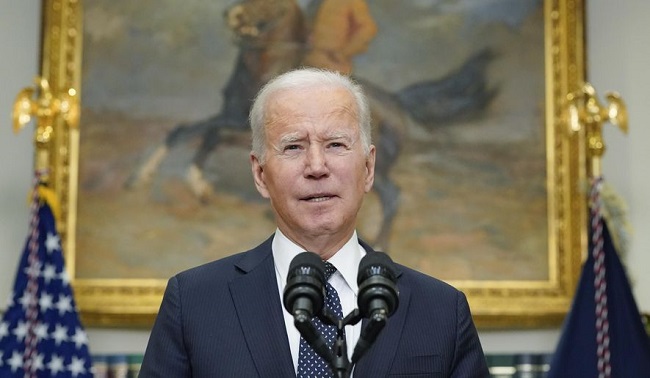An employee who oversees a client’s continuous commercial relationship is known as an account executive. An account executive is the main point of contact between a vendor and a customer. Usually, the account executive is involved from the beginning of the commercial partnership.
They are responsible for carrying out the contract terms and maintaining the client’s satisfaction after pitching the transaction and negotiating the conditions.
A client may also receive a call from an account executive introducing new goods and services. This could entail making plans for technical, design, and other support personnel to visit the client to carry out demos and help with the sales presentation.
In fact, according to Prillionaires News, financial services, public relations, and advertising are the industries that use account executives the most. Technology firms that offer software and hardware support services also designate account executives to large clients.

So, what are the skills and responsibilities required of an account executive? Read on.
Regulations
Account executives in the financial sector must abide by the moral standards set out by regulatory bodies. For example the bodies regulate the amount of gifts and gratuities given to broker-dealers and investment advisors.
Client Communication
Account executives are supposed to reply to clients’ emails, questions, and information requests as soon as possible. They meet or regularly check in with clients to discuss project status, resolve issues, and get feedback.
Sales Activities
Account executives offer the company’s goods and services to potential customers via cold phoning, sending emails, or attending networking gatherings.
They may then be required to give presentations, conduct Product demos, and follow up with qualified leads. Generally speaking, an account executive’s everyday tasks frequently involve communicating with current or potential clients.
Account Management
Account executives evaluate accounts regularly to gauge customer satisfaction and spot chances for cross- or up-selling. They work with internal teams to create proposals or solutions specifically tailored to each client’s demands.
Account executives can also work with technical or customer support teams to address any problems or difficulties clients in their portfolio may have with products.
Market Research
An account executive must stay current on market changes, competition activity, and industry trends through market research. This includes looking at consumer reviews and market data to find new Business opportunities.
Account executives are supposed to provide internal teams with market intelligence to develop the next marketing campaigns better or create new products.
Reporting and Analysis

Account executives frequently have to demonstrate their progress toward predetermined objectives, typically accomplished by producing dashboards to monitor key performance indicators (KPIs) and sales reports regularly.
Account executives typically have key performance indicators that are most important to them, such as pipeline velocity, conversion rates, and sales targets.
Account executives with more experience may be tasked with examining sales data, spotting patterns, and pinpointing opportunities for development.
Account Executive Responsibilities
The following are examples of broad account executive responsibilities:
- Finalizing contracts and negotiating with clients
- Addressing the requirements of clients and building rapport
- Gaining new customers by canvassing and prospecting
- Arranging internal account-related processes to guarantee that customers obtain goods and services
- Helping new customers with any procedures
Read Also:
Key Takeaway
An account executive is the key individual in charge of creating and preserving customer relationships. Most account executives are employed by businesses that depend on business-to-business connections, such as technology, Financial services, public relations, and advertising.


















































